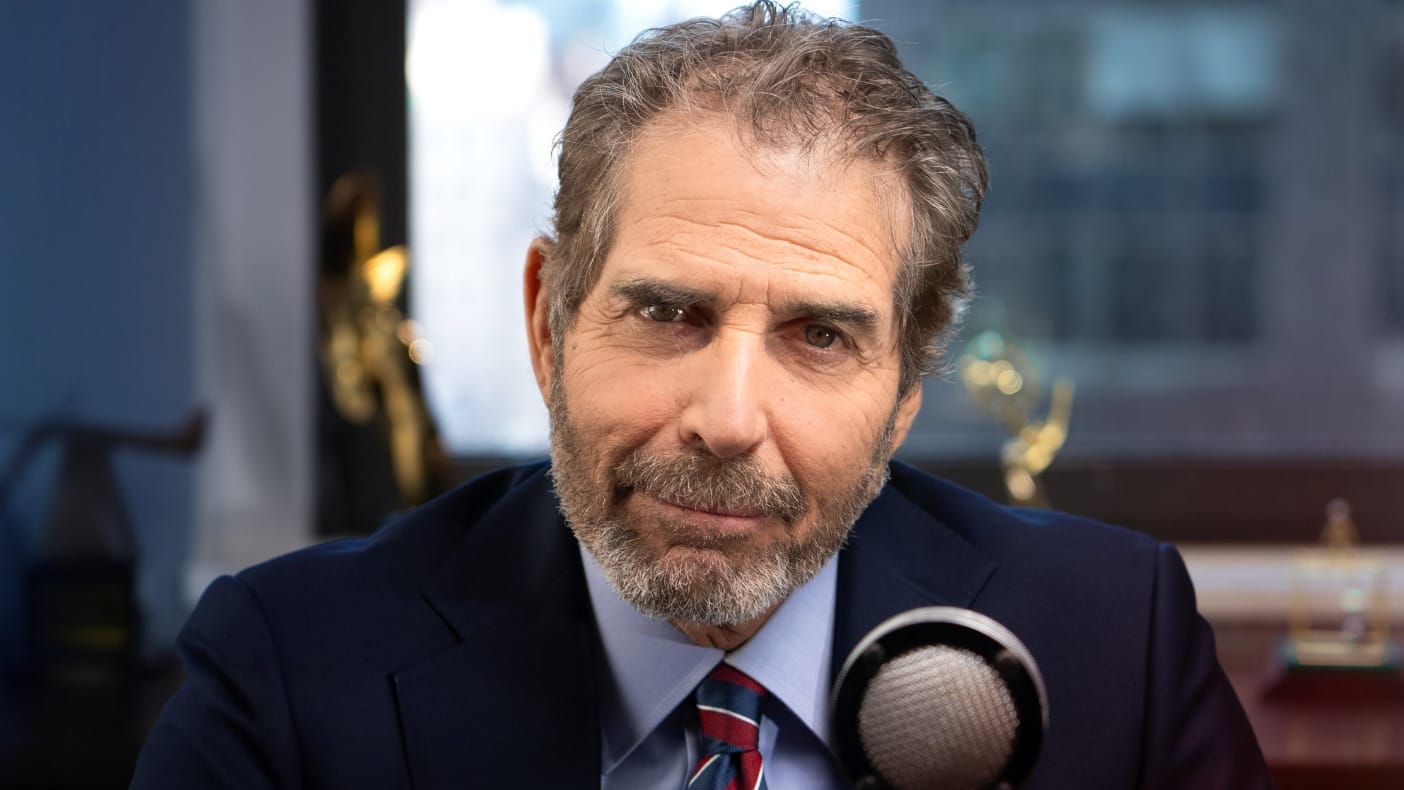Stop worrying about retirement and start planning
It's no wonder so many older Americans are worried about retirement. Only one in three workers have saved enough to retire comfortably by age 67, according to a recent report by human resources consulting firm Aon. The report, titled "The Real Deal," found that 70 is the age at which the median employee is expected to be financially ready to retire. This data syncs nicely with Suze Orman, who asserts that "70 is the new 65."
The results of Aon's report only add to existing widespread anxiety about the looming retirement of the baby boom generation. If you're afraid of what will happen to you, it's important to look beyond these sobering headlines and consider your own resources and life goals.
Key words in Aon's report are "comfortably" and "retire." Its helps to understand just how Aon has defined these terms, and then consider whether they apply to you. Let's take a look.
How much spendable income do you really need?
Any report on retirement adequacy makes a number of key assumptions, including how much money you need to be comfortable in retirement. Aon's report assumes you need the same amount of spendable income in retirement as you have in your working years. It takes into account that you'll most likely pay lower income taxes in retirement, that you won't pay FICA taxes any more for Social Security and that you're no longer saving for retirement.
For these reasons, you need less pretax income in retirement compared to while you're working.
But do you really need to have the same amount of spendable income to be comfortable? Many people experience significant decreases in their living expenses when their children move out of the house. And if you can pay off the mortgage by retirement or soon into it, you might also realize another significant drop in your living expenses.
More important, what's the acceptable cost of your retirement freedom? Many people might conclude that the happiness they gain from jumping out of the rat race will compensate for any drop in their spendable income. These individuals find ways to be happy living on less. And they might significantly reduce their housing expenses by downsizing or moving to a less costly part of the country.
Will you keep working to some extent in retirement?
Now let's look at how Aon's report defines "retirement": as not working at all for pay. But many people decide to continue earning in retirement, either with part-time work or in the gig economy. They might still consider themselves to be "retired," which illustrates that this stage can be a state of mind that isn't necessarily dictated by your work status.
Don't get me wrong: I'm not trying to dismiss the findings of Aon's report. It highlights key retirement planning issues that all older workers should focus on. For instance, some people might be supporting their adult children and will still have child-related expenses. Others might not be able to either continue working or reduce their living expenses.
These are the reasons you should look at your own situation. Spend the time it takes to conduct your own planning, considering your specific circumstances. And take some inspiration from Joan Baez, who once said, "Action is the antidote to despair."



